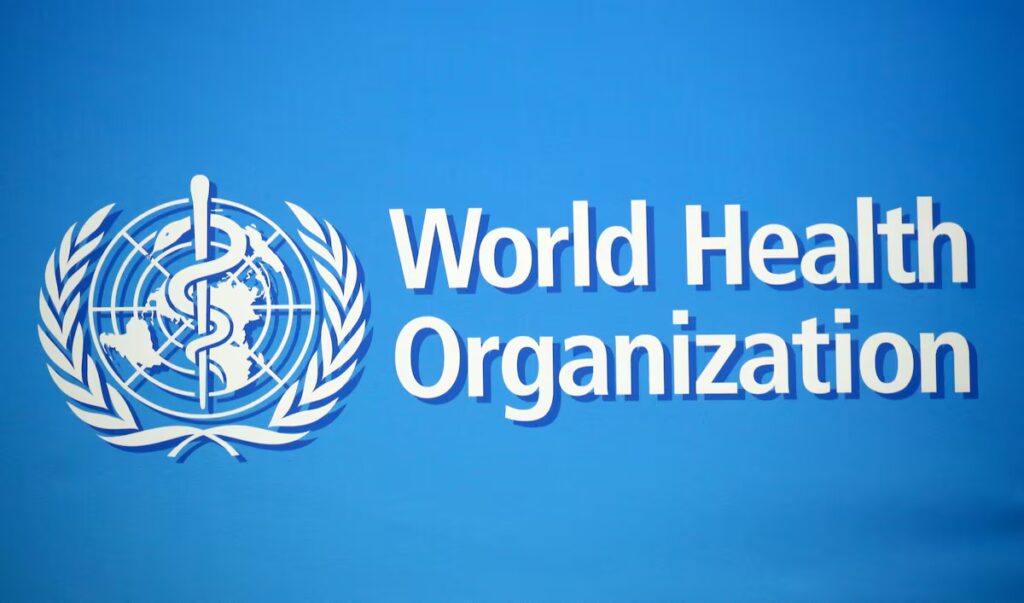CurrentReport Blog The World Health Organization (WHO) has issued a stark warning, revealing that approximately 3,500 individuals succumb to hepatitis-related illnesses daily.
This announcement comes amidst escalating global fatalities attributed to the hepatitis virus, marking it as the second-largest infectious killer worldwide.
In a recent report released to coincide with the World Hepatitis Summit in Portugal, WHO disclosed alarming statistics showcasing a concerning trend. Data collected from 187 countries unveiled a troubling surge in hepatitis-related deaths, with figures climbing from 1.1 million in 2019 to 1.3 million in 2022.
Meg Doherty, the head of WHO’s global HIV, hepatitis, and sexually transmitted infection programs, emphasized the urgency of the situation during a press conference. She underscored the need for immediate and decisive action to combat this escalating health crisis.
The report highlighted that a staggering 83 percent of hepatitis-related fatalities were attributed to hepatitis B, with the remaining 17 percent linked to hepatitis C. Despite the availability of cost-effective generic drugs for treatment, only a mere three percent of individuals afflicted with chronic hepatitis B received antiviral therapy by the conclusion of 2022.
Regarding hepatitis C, the report indicated that 20 percent or approximately 12.5 million individuals had undergone treatment. However, this figure falls significantly short of the global targets set to ensure that 80 percent of all individuals living with chronic hepatitis B and C receive treatment by 2030.
Although there was a marginal decline observed in the overall rate of hepatitis infections, the persistent rise in fatalities underscores the critical need for enhanced efforts in prevention, diagnosis, and treatment.












